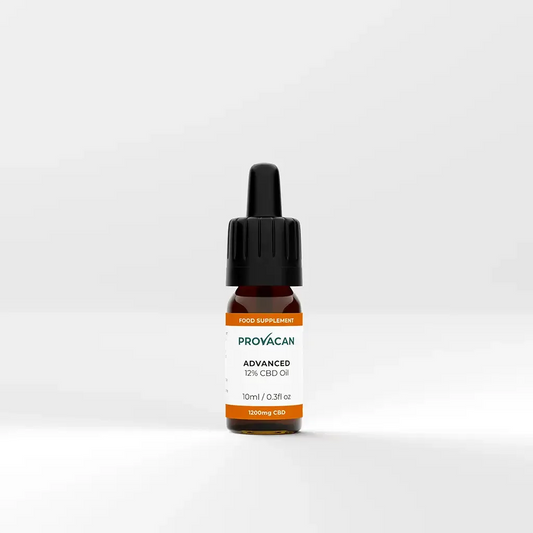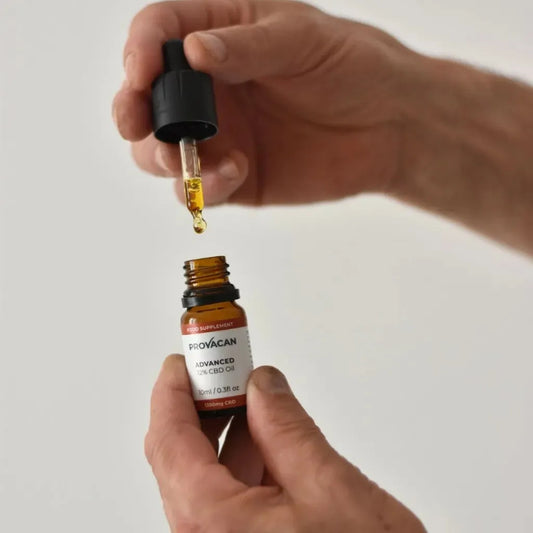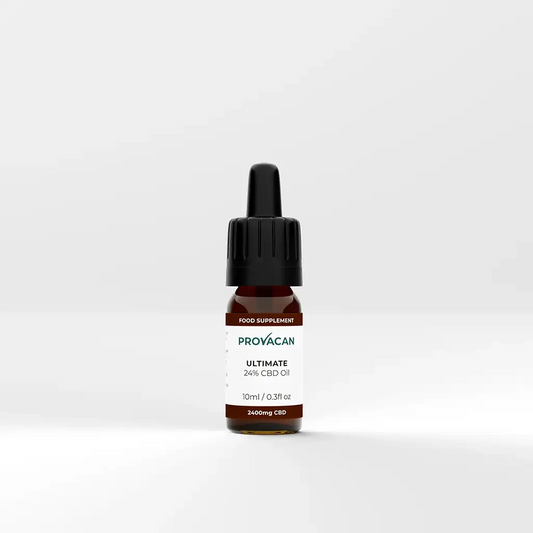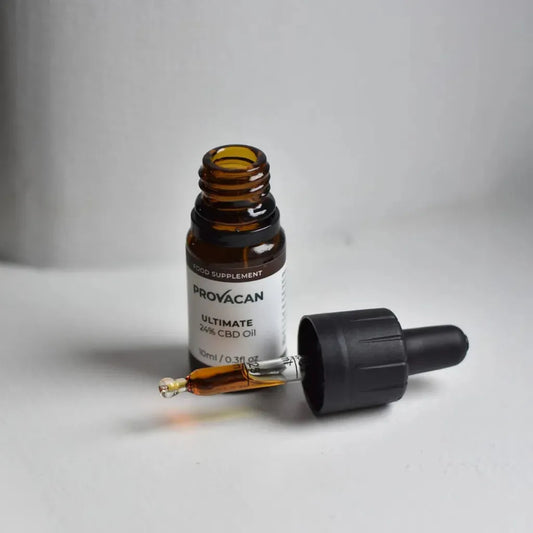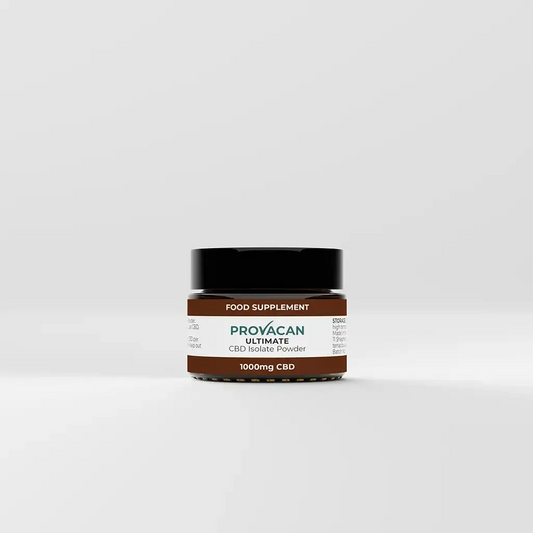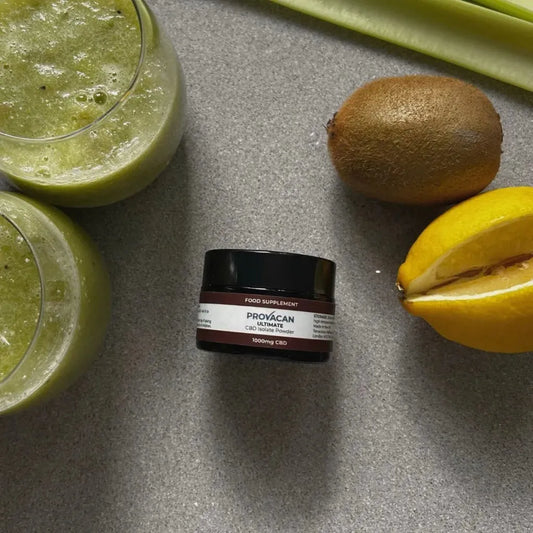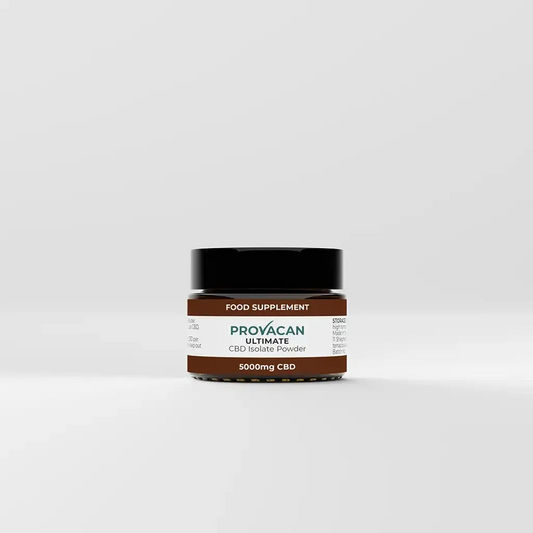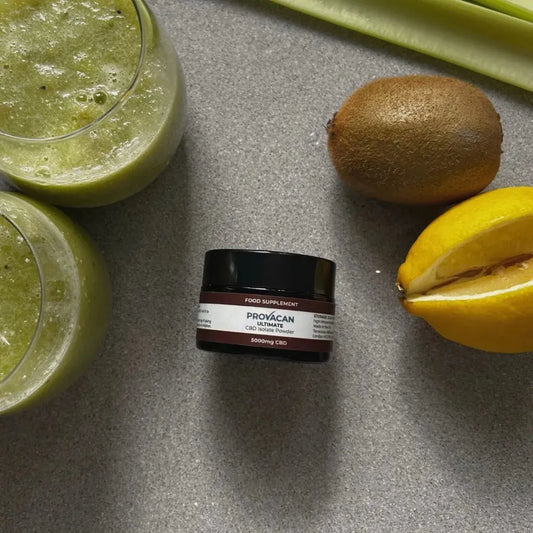Cannabidiol, commonly known as CBD, is a naturally occurring compound found in cannabis plants. It was first discovered in 1940 and is one of over 100 identified cannabinoids in the cannabis plant. Unlike tetrahydrocannabinol (THC), which is the psychoactive compound in cannabis that causes the “high” feeling, CBD does not produce any psychoactive effects.
CBD interacts with the body’s endocannabinoid system (ECS), which is a complex system of receptors and neurotransmitters that regulates various bodily functions, such as sleep, mood, and appetite. CBD has been shown to act upon the ECS.
CBD is popular amongst a wide range of the population from young to old and all different levels of health. However, before using CBD, it’s essential to consult a healthcare professional, especially if you are already on medication.
In this article, we’ll provide tips on how to talk to your doctor about using CBD in the UK.
1. Understand the Legal Framework
In the UK, CBD products are legal as long as they contain less than 0.2% THC, the psychoactive compound in cannabis that causes the “high” feeling. CBD is classified as a food supplement, and products must meet certain standards to be sold legally.
CBD products must undergo third-party lab testing to ensure their purity and potency, and the label must contain information on the product’s ingredients, recommended dosage, and storage instructions. The product must also be properly labelled and packaged.
Furthermore, the UK Food Standards Agency (FSA) has set a deadline for CBD companies to apply for novel food authorization. This means that any CBD food products that were not on the market before 13 February 2020 must undergo a safety assessment and obtain authorization before they can be sold legally.
It’s worth noting that while CBD is legal in the UK, the legal status of cannabis is still complex. Cannabis is classified as a Class B drug, and possession or supply of cannabis can result in criminal charges. Therefore, it’s important to ensure that CBD products are sourced from reputable suppliers and contain less than 0.2% THC to avoid any legal implications.
Overall, the legal framework for CBD in the UK is relatively straightforward, with products required to meet certain standards and undergo third-party lab testing. However, the legal status of cannabis in the UK is still complex, and users should exercise caution when using any cannabis-derived products.
2. Educate Yourself
Before talking to your doctor about using CBD, educate yourself on the product’s potential benefits and risks. Look for reputable sources of information, such as medical journals, government websites, and healthcare professionals. This information will help you make an informed decision about whether CBD is right for you.
3. Be Honest
When talking to your doctor about using CBD, it’s essential to be honest about why you want to use it. Explain your symptoms and why you think CBD may help. Also, be honest about any previous experience with CBD or cannabis products. Your doctor needs to know your medical history to advise you correctly.
4. Ask Questions
Don’t be afraid to ask questions when talking to your doctor about using CBD. Ask about the potential benefits and risks, how to use it, and any potential interactions with other medications. Also, ask about the appropriate dosage and how long you should use CBD.
5. Discuss Your Medication
CBD can interact with certain medications, such as blood thinners and antidepressants. It’s essential to discuss any medications you are taking with your doctor before using CBD. Your doctor can advise you on the potential interactions and whether it’s safe to use CBD with your medication.
6. Keep a Record
If your doctor approves the use of CBD, keep a record CBD diary of the dosage and any changes in symptoms. This information will help you and your doctor track the product’s effectiveness and make any necessary adjustments.
7. Discuss Your Medical History
Besides being honest about your symptoms, it’s also important to provide your doctor with your complete medical history. This information will help your doctor assess the potential risks and benefits of CBD for your specific case. Inform your doctor of any previous illnesses, surgeries, or allergies you may have.
8. What are the different types of CBD products
There are several different types of CBD products available on the market. Here are some of the most common types:
CBD Oil: This is the most popular type of CBD product, which is made by extracting CBD from the cannabis plant and then mixing it with a carrier oil, such as hemp seed oil or coconut oil. CBD oil is typically taken orally by placing a few drops under the tongue.
CBD Capsules: CBD capsules are a convenient way to take CBD, as they provide a pre-measured dose of CBD in a pill form.
CBD Topicals: CBD topicals are products that are applied directly to the skin, such as creams, lotions, and balms. They are designed to provide localised relief for all skin types.
CBD Edibles: CBD edibles are food products that are infused with CBD, such as gummies, chocolates, and baked goods. They provide a discreet and convenient way to take CBD.
CBD Isolate: CBD isolate is a pure form of CBD that has been isolated from other cannabinoids and plant material. It is typically sold in a powdered form and can be added to food or drinks.
It’s important to note that different types of CBD products may have different effects and absorption rates, and it’s important to choose a product that is appropriate for your needs and preferences. Additionally, it’s important to choose a reputable supplier to ensure that the product is safe and effective.
9. Bring Your CBD Product
If you have already purchased a CBD product, bring it with you to your doctor’s appointment. Your doctor can examine the product’s label and verify its authenticity. They can also give you guidance on how to properly use it.
10. Talk About Your Lifestyle
Your lifestyle can also affect how CBD interacts with your body. If you smoke or drink alcohol, inform your doctor. These substances can affect how your body metabolises CBD, potentially changing its effects.
11. Consider Your Dosage
The appropriate dosage of CBD can vary depending on the individual and the condition being treated. Your doctor can advise you on the appropriate dosage for your needs. It’s also essential to start with a low dosage and gradually increase it to avoid any adverse effects.
12. Explore Other Treatment Options
While CBD may be beneficial for certain conditions, it’s not a cure-all. Discuss other treatment options with your doctor and consider them alongside CBD. A combination of treatments may provide the best outcome for your condition.
13. Follow Up
After you start using CBD, schedule a follow-up appointment with your doctor to discuss how it’s working for you. They can adjust your dosage or suggest alternative treatments if necessary. It’s essential to keep your doctor informed of any changes in your condition, even if you decide to stop using CBD.
In summary, talking to your doctor about using CBD in the UK involves being open and honest about your symptoms, medical history, and lifestyle. Consider your dosage, bring your CBD product, and explore other treatment options. Finally, follow up with your doctor regularly to ensure the safe and effective use of CBD.
Sources:
- Legal Framework for CBD in the UK:
UK Government’s website:
https://www.gov.uk/government/publications/acmd-advice-on-consumer-cannabidiol-cbd-products/consumer-cannabidiol-cbd-products-report-accessible-version
- Food Standards Agency (FSA) website:
https://www.food.gov.uk/safety-hygiene/cannabidiol-cbd
- National Health Service (NHS) website: https://www.nhs.uk/conditions/medical-cannabis/
- Talking to Your Doctor About CBD: Royal College of General Practitioners (RCGP) guidance: https://www.rcgp.org.uk/clinical-and-research/resources/a-to-z-clinical-resources/complementary-medicine.aspx
- CBD Products: Cannabis Trades Association UK (CTAUK) website: https://cannabistrades.uk/
- CBD and Medications: British Medical Journal (BMJ) article on CBD-drug interactions: https://www.bmj.com/content/365/bmj.l1141
- Medicines and Healthcare products Regulatory Agency (MHRA) – The UK’s regulatory agency for medicines and medical devices provides information on the regulation of CBD products: https://www.gov.uk/government/news/mhra-statement-on-products-containing-cannabidiol-cbd
- Association for the Cannabinoid Industry (ACI) – A trade association for the UK’s cannabis industry, including CBD products: https://www.theaci.co.uk/
- Centre for Medicinal Cannabis (CMC) – A research and policy organisation that provides information on the medical use of cannabis in the UK, including CBD: https://thecmcuk.org/
- British Journal of Pharmacology – A scientific journal that publishes research on the pharmacology of CBD and other cannabinoids: https://bpspubs.onlinelibrary.wiley.com/journal/14765381
- Clinical Cannabis Care – A UK-based medical cannabis clinic that provides information and consultations for patients interested in using CBD and other cannabis products: https://www.clinicalcannabiscare.com/


